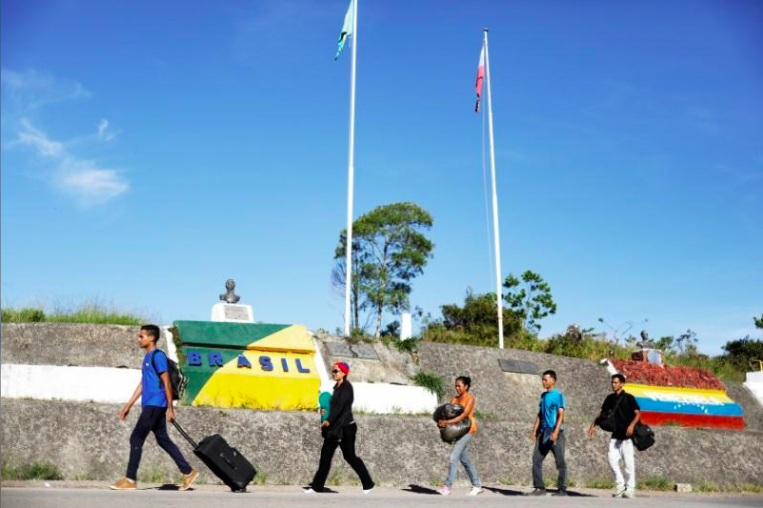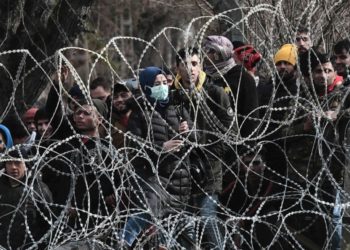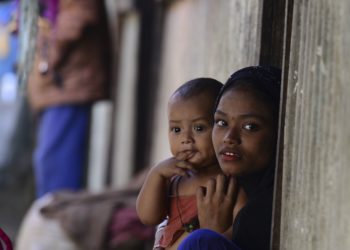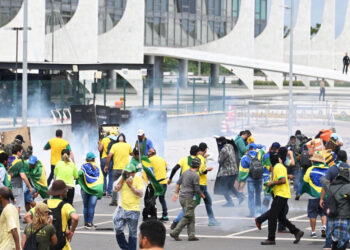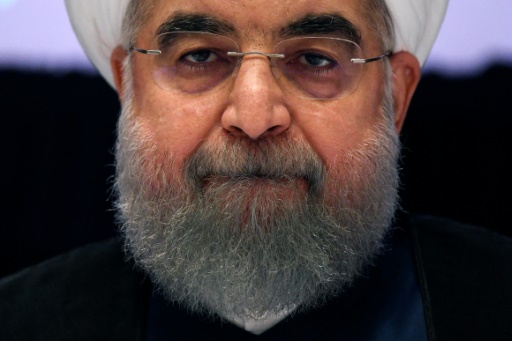The ongoing Venezuelan crisis is gradually turning into a challenge for South America. This state of emergency Venezuela found itself in goes beyond the lack of humanitarian aid. It involves the failure of a government that has for years been supported by several countries in the region.
Brazilian former Presidents Lula da Silva and Dilma Rousseff, Argentinian former President Cristina de Kirchner and Bolivian President Evo Morales have been the main supporters of the Venezuelan regime, its ideology, and the claims that the fall of global oil prices is responsible for the current crisis in the country.
Hyperinflation and lack of food, medicine, and other vital resources have forced millions of Venezuelans out of the country. In 2017 alone, over 1.5 million people fled Venezuela and over half of them have sought residency or refuge in various South American countries, according to data from the International Organization for Migration (IOM).
Brazil, as the largest and the most powerful South American country, given its economic and political leverage, must take action. Not only should Brazil protect the incoming forced migrants, it should also demand efforts from the regime of Venezuelan President Nicolas Maduro to re-establish law and order in Venezuela and to guarantee the restoration of a true democratic government.
Brazil has been receiving an average of 800 Venezuelan migrants per day, mainly through the northernmost state of Roraima. The latest reports show that the state capital Boa Vista is hosting around 40,000 Venezuelans. Research done by the Brazilian government and IOM shows that most of those migrants do not wish to remain in Brazil, but prefer to continue their journey further south to Argentina or Chile.
The same research, which contains interviews with over 3,500 people, showed that although 42 percent of those migrants are employed, the majority (82 percent) works in the informal sector and therefore receives wages that are below the national minimum.
The Venezuelans that are fleeing their country are in desperate need of protection. In Brazil religious organizations, the U.N. Refugee Agency, and other civil society groups are helping these refugees.
The Brazilian government has increased its presence on the border with Venezuela and has started a national resettlement program for the migrants who wish to go to different cities. The government, along with IOM, the U.N. Refugee Agency and the U.N. Population Fund, provides transportation and housing in different Brazilian cities to alleviate the state of Roraima.
Regional Solidarity
Solidarity is an aspect that has been present in the region throughout history. To mitigate the suffering of Venezuela, the Brazilian government could look backward at how asylum seekers forced to flee by dictatorial regimes of the 1970s were protected and the programs aimed at Colombian forced migrants.
“Resettlement in solidarity” is a regional program that was launched at the 20th anniversary of the Cartagena Declaration on Refugees and aimed at alleviating countries with a great number of regional refugees. Even though the program mainly focuses on Colombian refugees in Ecuador and Costa Rica, it is high time that Latin America once again steps up to provide relief to the Venezuelans.
Brazil, always craving a better position at the global humanitarian field, proposed a program that would allow any country in Latin America to host refugees that were waiting for settlement in other countries. The solidarity approach in Latin America shows that the whole region values the maintenance and establishment of such global virtues as human rights and security.
With 52,000 Venezuelans in its territory and more coming in every day, the ball is definitely on the Brazilian court. It will not be an easy task and the challenges are great for Brazil and the migrants: unemployment rates are high (13.1 percent) and 87 percent of the nation disapproves of President Michel Temer’s way of governing. With presidential elections less than four months away, the Venezuelan issue will most definitely be on the candidates’ agenda.
To make matters worse, the Brazilian Congress recently had to approve a $275 million payment of a Venezuelan loan installment in which Brazil is the guarantor. Overall, during Lula da Silva’s and Dilma Rousseff’s presidencies, Brazil had been the guarantor of around 1.5 billion dollars to Venezuela. In a country where citizens are facing economic and social hardships with poor quality of public services and increasing violence, the population is starting to demand answers from its leaders.
Jair Bolsonaro, one of the leading presidential candidates, has been demonstrating a Trump-like attitude toward refugees and once referred to them as the “scum of the world.” These attitudes and perceptions are spreading among Bolsonaro’s supporters, who have started a nationalist and xenophobic discourse and are against receiving refugees.
Xenophobia in a country formed by migrants and known for being welcoming and open to all is a worrying aspect of the rise of Bolsonaro’s popularity. Hate-speech and xenophobic attacks have been present in the lives of not only Venezuelans, but also refugees and migrants from African countries and Haiti. Bolsonaro’s Trump-like attitude has led some to call him “the Brazilian Trump,” a title that anyone should be ashamed of rather than proud.
To gain international leverage, Brazil must maintain its traditional policies based on solidarity instead of hate. Whatever the outcome of the October election will be, humanism should prevail.
Disclaimer: The views and opinions expressed here are those of the author and do not necessarily reflect the editorial position of The Globe Post.

